Let us elaborate on the lab technician job description, as many of us are not acquainted with their work.
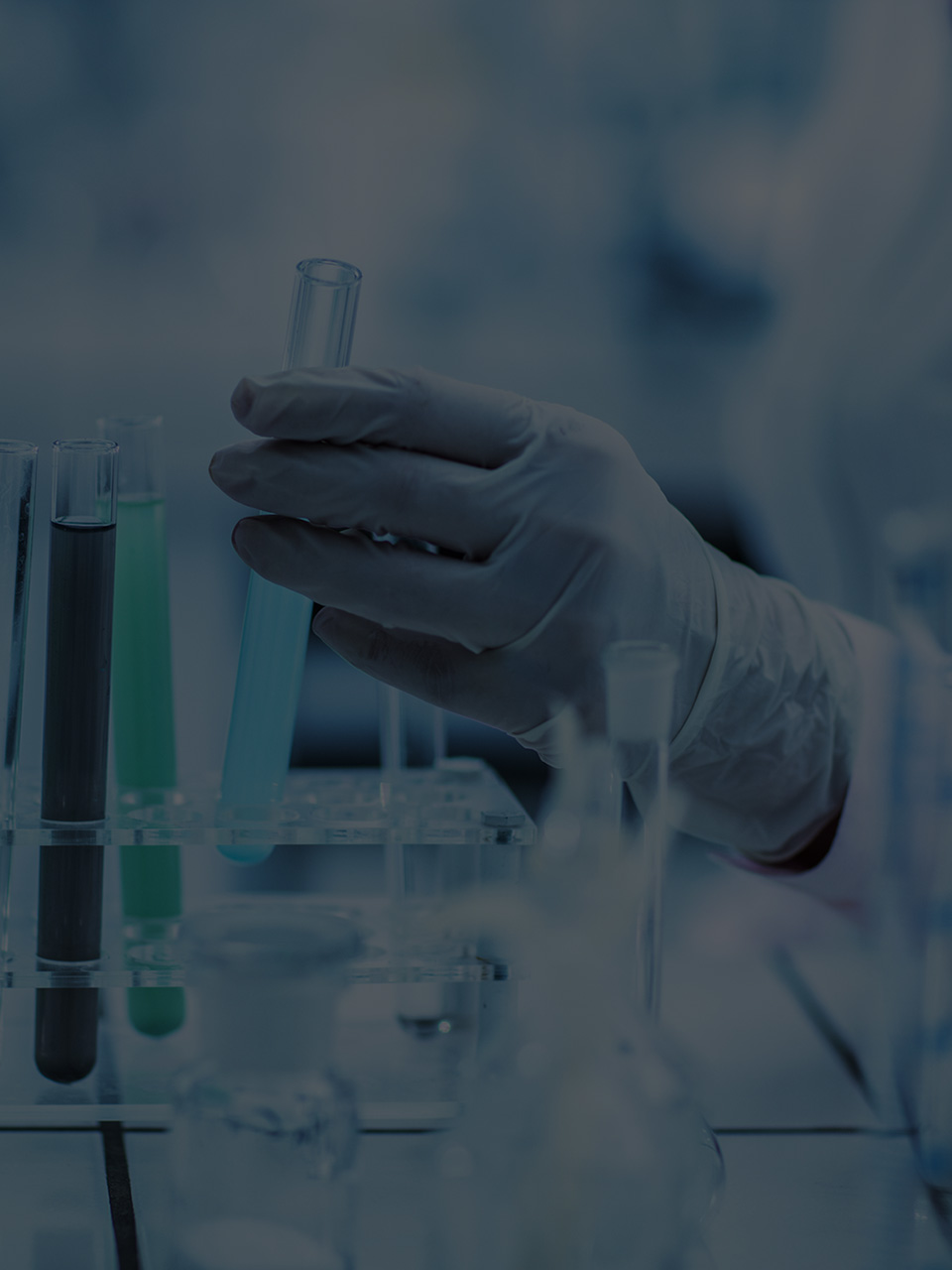
Tap to Read ➤
Lab Technician Job Description
Sheeba Nambiar


Let us elaborate on the lab technician job description, as many of us are not acquainted with their work.

Lab technicians are also called medical technologists. A technician in general, is a person skilled in the techniques of a particular field. For example, a technical expert in the field of electronics is called an electronics technician.

Likewise, in medical parlance, an expert in the technical aspects of a laboratory is called a lab technician. In terms of technical aspects, it include a lot more than just safety rules. A lab technician job description will give you a clear and thorough understanding on their duties and responsibilities.

Job Description
It differs according to the place of employment and nature of work. The name suggests that the work is mainly done in laboratories, however, they are not restrained to working in clinical ones only. They are also employed in research institutes, clinics, and commercial medical laboratories.

Except for some minor differences that distinguishes the profiles of these professionals working in different places, the basic nature of work by far remains the same.
Medical/Clinical Technician
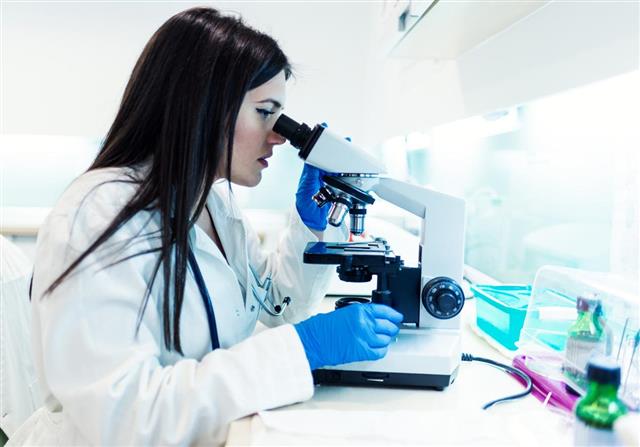
The work involves collecting samples of human body tissue, blood, or body fluid to identify an ailment or a disease. The process further requires testing the samples using certain measures and laboratory equipment, and then evaluating the results.

In an indirect way, they play an important role in patient care. Indirect, because they don't personally communicate with the patients, they help in identifying the disease by checking the sample for any bacteria or parasites causing the disease.

After testing, they evaluate the results that are further sent to the physicians, and based on the test results effective treatment is prescribed to the patients.
Research Technician
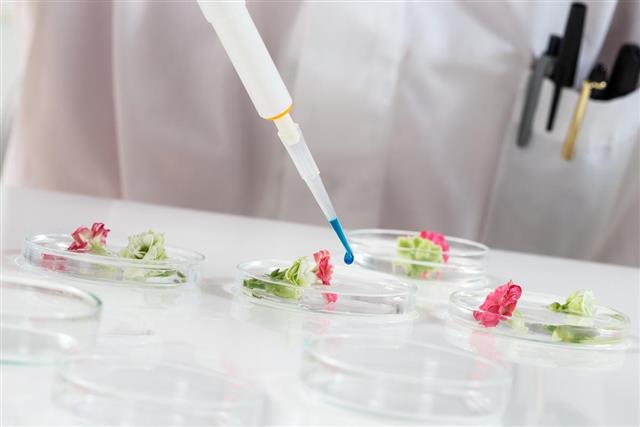
The work here involves performing various experiments and studies in the relative field, which depends on the nature of the research subject. Using several medical tools and tests, they perform the research.

Unlike hospitals, in this field, these professionals are required to work in teams, though in small research projects, they might get to work independently. After the conclusion of initial tests conducted, the results are submitted to the seniors for analysis.

Duties
Depending on the setting that you are working in, the following duties might change. Also, the following list is not all-inclusive.
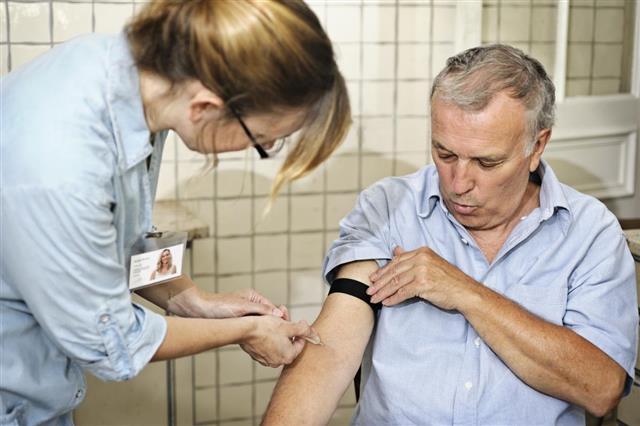
• Examining and analyzing cells, tissues and blood by collecting samples. For example, collecting blood samples to conduct blood tests.
• Performing tests to look for microorganisms, parasites or bacteria in body fluids and blood.
• Performing tests to look for microorganisms, parasites or bacteria in body fluids and blood.
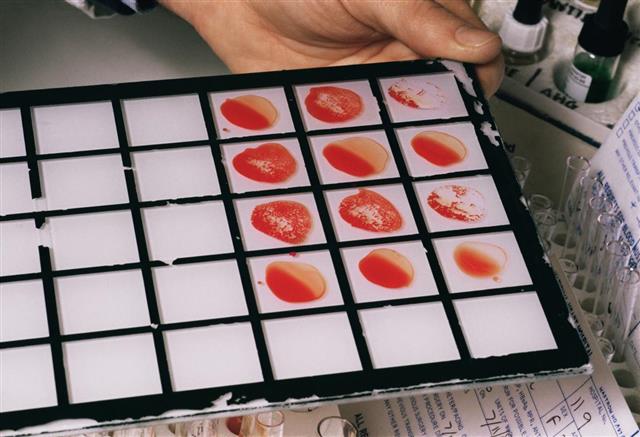
• Matching blood for blood transfusions.
• Making specimens or samples to examine the count of cells in blood and abnormal cells in blood or body fluids.
• Making specimens or samples to examine the count of cells in blood and abnormal cells in blood or body fluids.
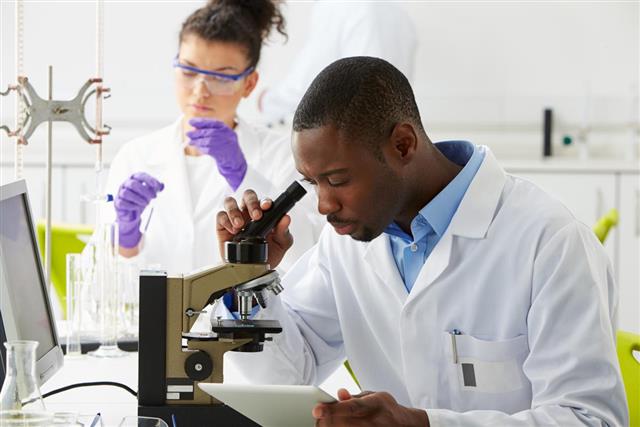
• Using microscopes and other sophisticated equipment to conduct tests.
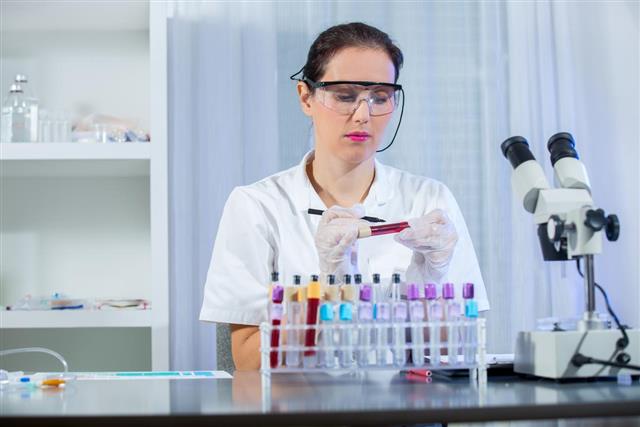
• Maintaining the equipment and ensuring that the laboratory is stocked well with all the necessary instruments.
• Interpreting results and submitting the initial tests to the superior for further analysis.
• Interpreting results and submitting the initial tests to the superior for further analysis.
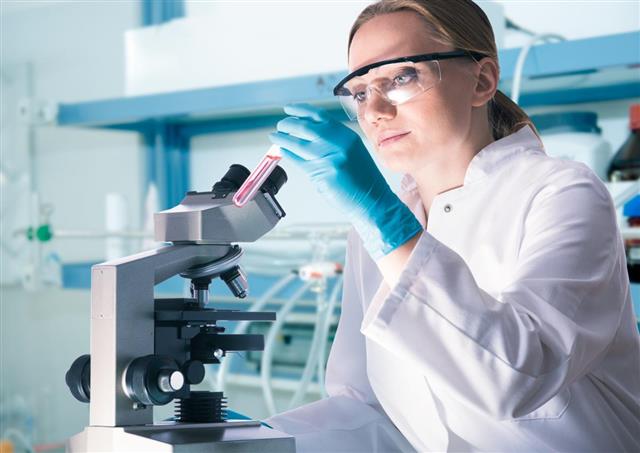
• Procuring up-to-date knowledge on technical developments in medical science.
• Last but not the least, following safety rules.
• Last but not the least, following safety rules.
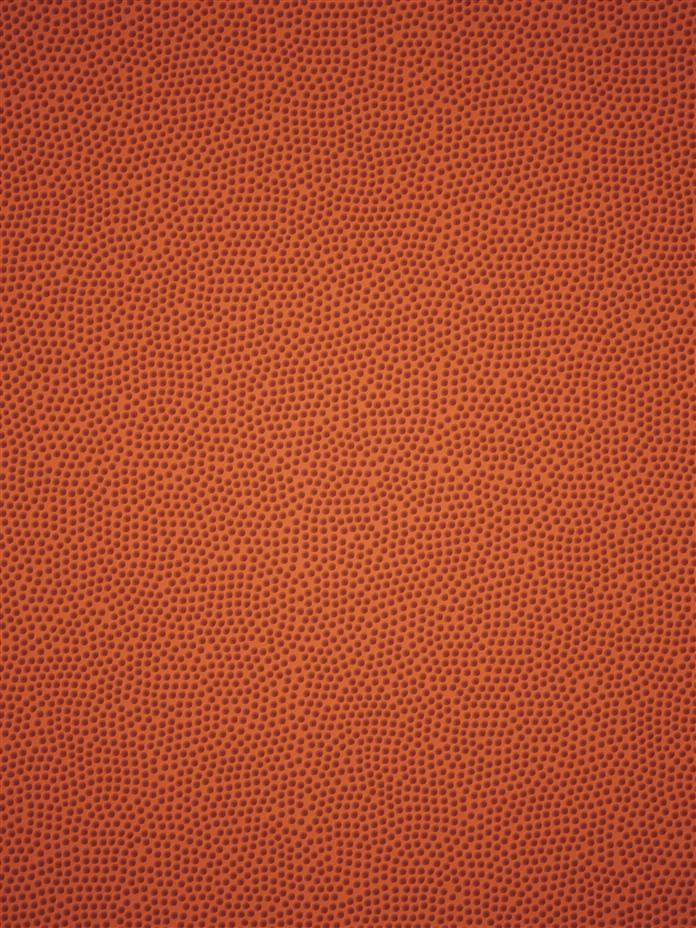
Educational Qualification
The minimum requirement involves getting an associate degree in medical technology. To get into research, one has to either have a four-year degree, or, for an entry-level platform, a two year associate degree or certifications are also sufficient as an educational requirement.

Apart from the degree, many employers consider having a certification to be a very essential requirement when hiring.

Most of these professionals are employed in hospitals, but they can change their forte if they are interested in research, as many find research more interesting than a regular job at the hospital.